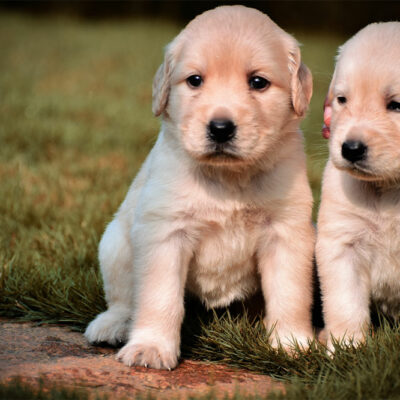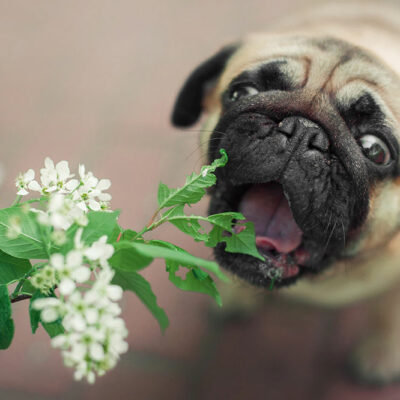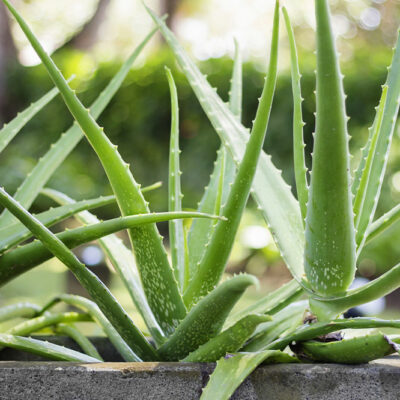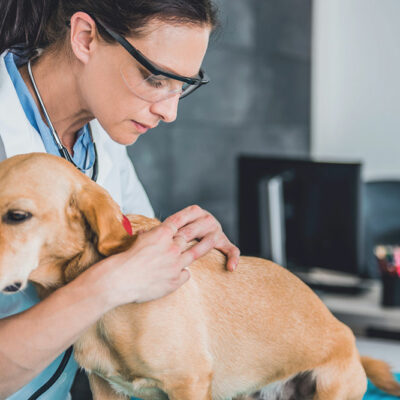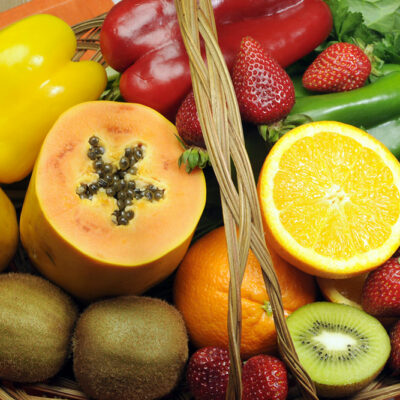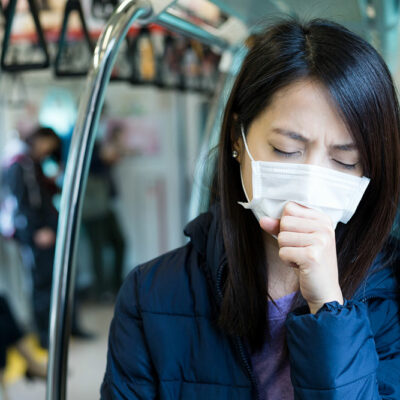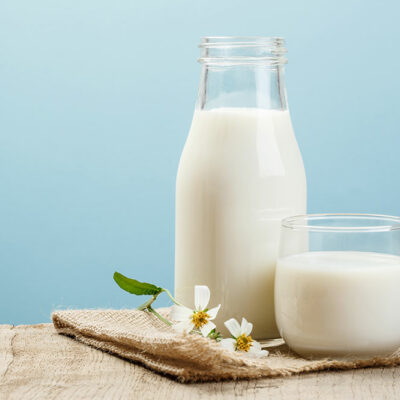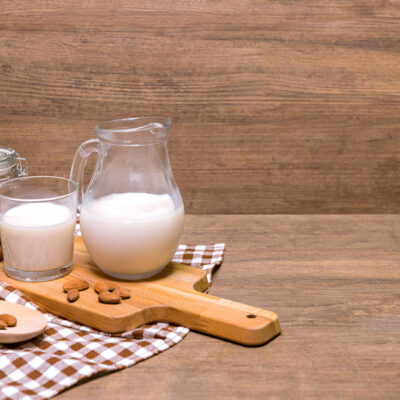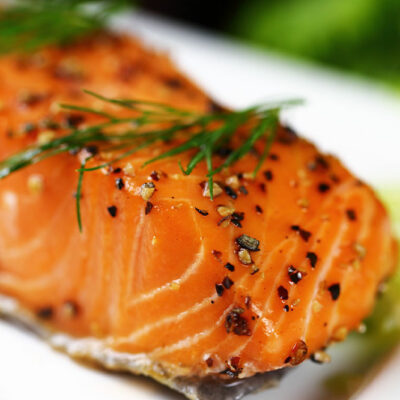
4 human foods that are safe for cats
If you have pet cats at home and occasionally feed them from your plate, you must know which foods are safe for them. Cats can be greedy eaters, and irrespective of the cute faces they make at the dinner table, it’s best not to give them anything besides cat food until you’re a hundred percent sure. To help you, we’ve listed a few human foods that are safe for cats to eat. Salmon Cats love fish, and vets recommend feeding them fish-based cat foods. Most options are rich in omega-3 and other nutrients. Oily fish, in particular, like tuna, salmon, or mackerel, is excellent for their eyesight and joints. However, don’t feed your feline straight from the can; they might lick it too aggressively and cut their tongues. It’s best to provide them with cooked pieces that have no bones. Whole grains Grains are power-packed with nutrients and are healthy for both humans and cats. Oats, mainly, have lots of protein, but not many cats like it. Some cats prefer coarse food made from brown rice and cornmeal. If you’re not feeding your cat meat or fish, whole grains can be a good substitute. You can cook smaller grains like millet, couscous, or wheat berries at home.
Read Article 
